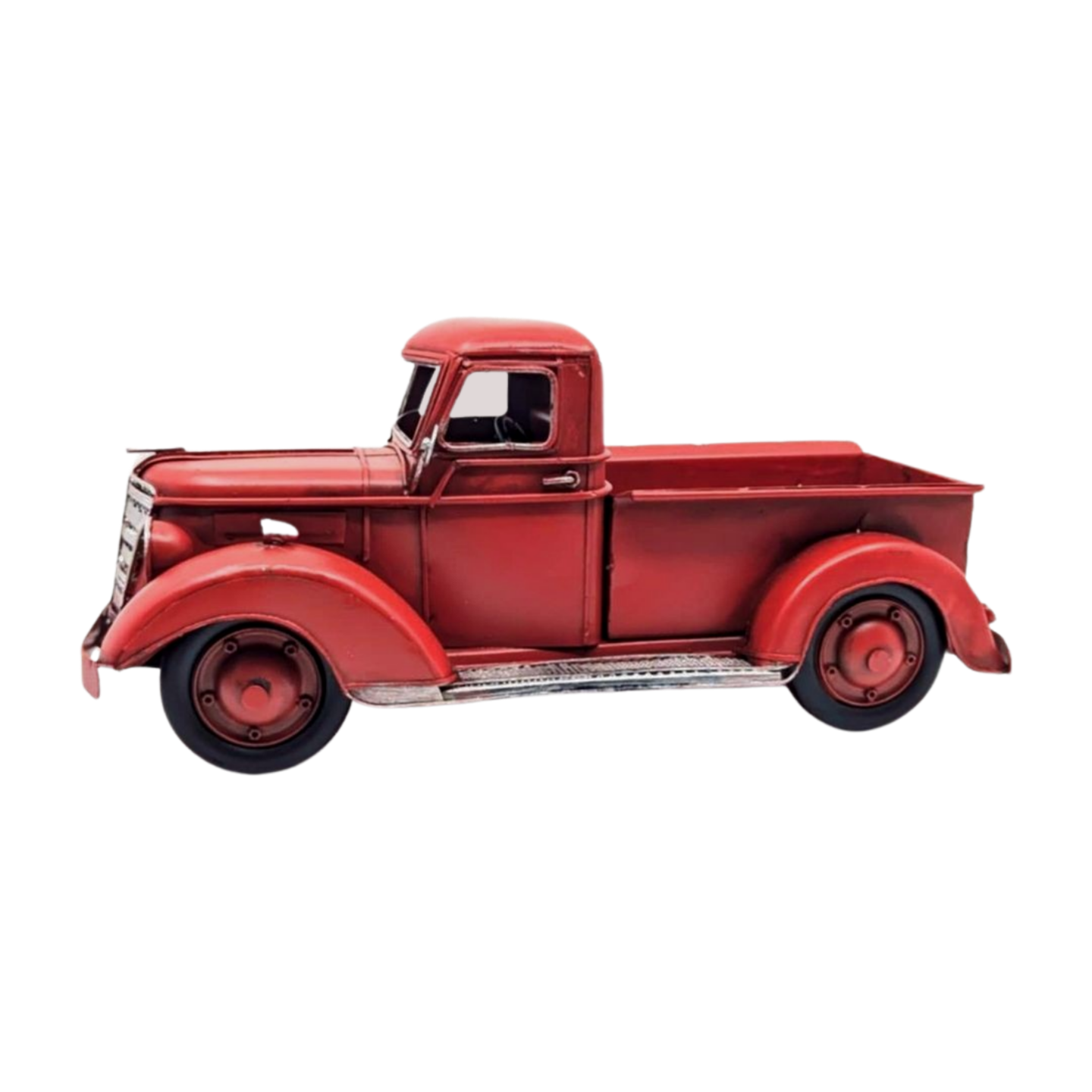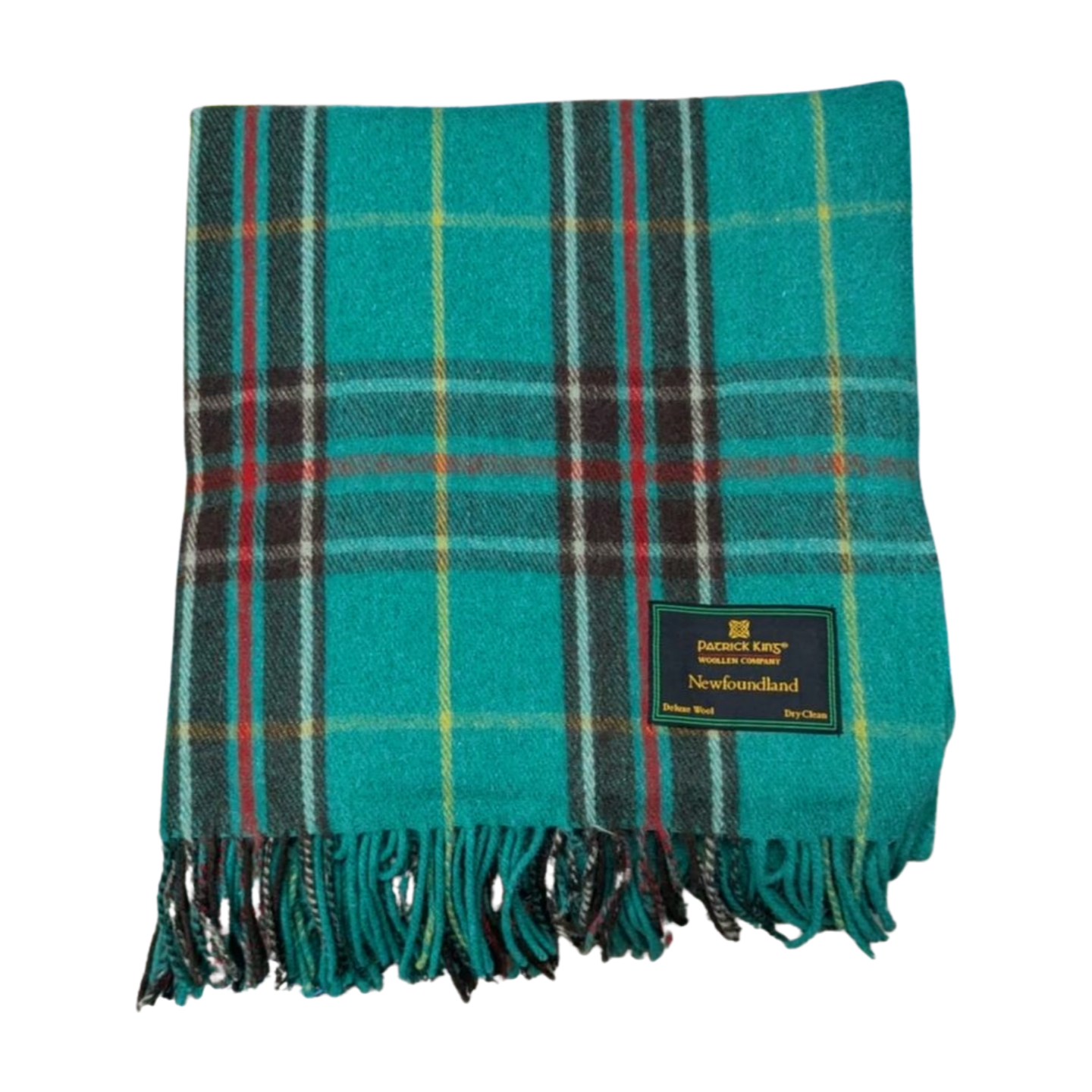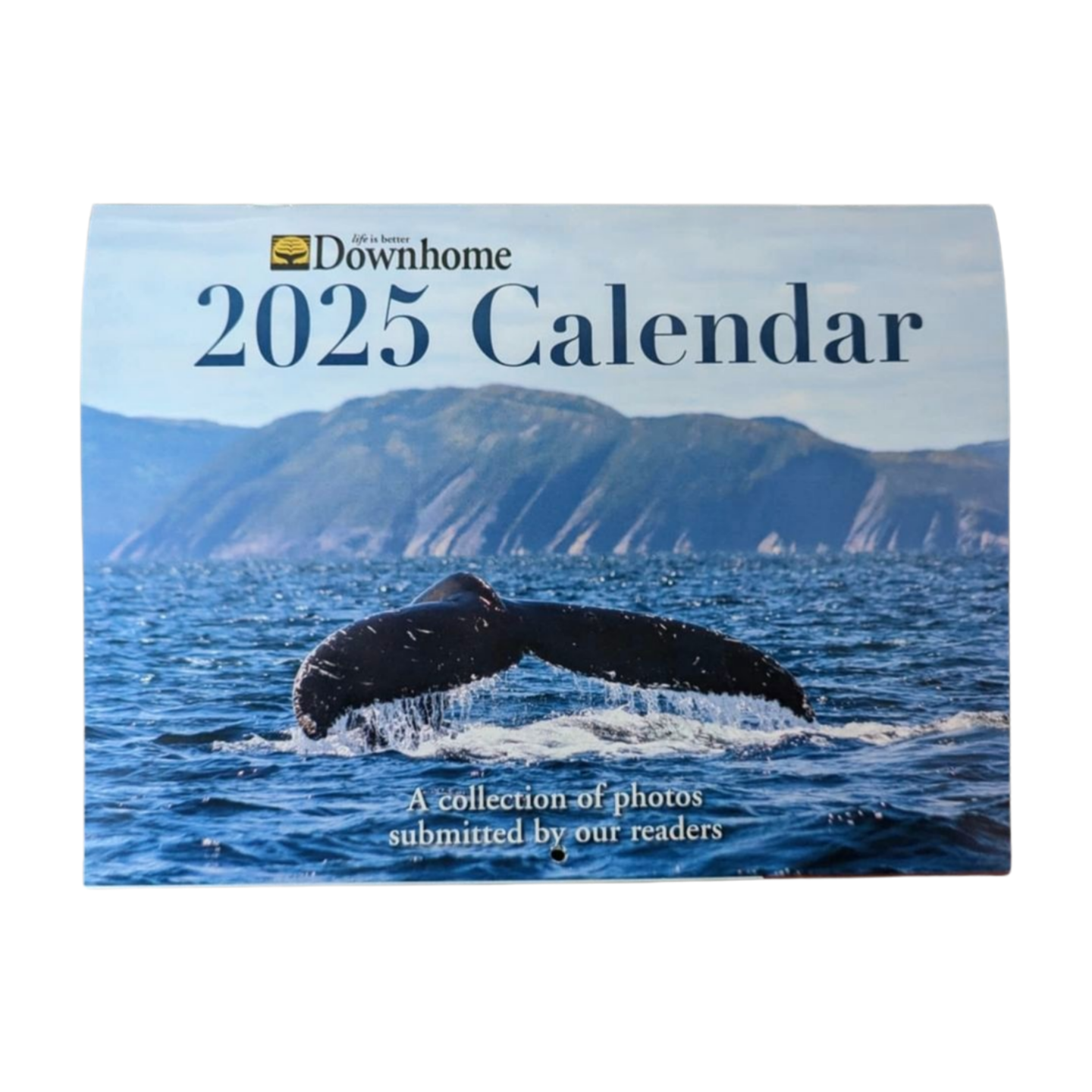
What It was Like In the Depression
This letter was written by my father, Garfield Marsden, born in Francois, NL in 1916 - 1996. I don't know when he wrote it, but I think it was for a project my daughter had in school; I know it was before the 1990's, as in his late years he was crippled with arthritis and could not write. I found this a little while ago, and thought that it may be of interest to some of your readers. He did not like the term "Dirty Thirties" - I often heard him say "Hungry Thirties" instead. What It Was Like in the Depression Well, I started work in the early Thirties and it is hard to explain it to anyone that didn't live with it. We sometimes hear it today referred to as the "Dirty Thirties." It could very well be called the "Hungry Thirties" instead. There was no television, no electric lights, no carpet on the floor. The floors were mostly covered with canvas, or what were called hooked mats; most of these were made of old trawl lines, unstranded and crossed into mats - some round, some square. They were painted all different colours and designs - birds, animals, stars, compass - and really looked good. As there were no washers or dryers, everything was done by hand. We did have hand sewing machines, although there were not many of them around either - but I really think people were just as happy, if not more so, than they are today. There was no union, no labour disputes - it was just work and more work: no 8-hour days, it was more like 16-hour days. It was all fishing on the southwest coast, in every kind of boat from a one-man dory to a seven or eight-dory schooner, and if it blew too hard to fish - and it really had to blow - then you would take your axe and go cut firewood. There were no oil stoves in those days; it was all wood. If you were really lucky, you might get about two tons of coal for the winter; then you would throw snow on the coal once in a while to make it wet so it wouldn't burn away so fast. There were no fresh fish plants in Newfoundland in the early Thirties; the fish was split, cleaned and washed in a large tub and salted. This large tub was made from what used to be called a punching - a large barrel holding 180 gallons that the merchants used to buy molasses in. When it was empty, the merchant would give it to whoever asked for it first; then it was sawed through the middle and made two large tubs for cleaning fish. After the fish had been in salt for about a week, it was taken out and washed again in this large tub and put on the flakes to dry. Now, a flake was a large platform, made from wood and posted up, something like the foundation of a house; it was then covered with limbs from fur and spruce trees so the wind could blow underneath. When the fish was dry, it was stored until a ship would arrive from Denmark, Portugal, Spain or some other foreign country to take it away; these were all sailing ships, as there were few powered ships in those days. I can just remember the first engine my dad had; it must have been in the mid-Twenties. Webb & Co. got it for him, and it was the third engine in our settlement. There were a lot of people in those days on what was called "the dole" (social assistance, now). There was a person appointed in each settlement - you went to them and got what was called a dole order, with so many items listed on it, such as brown flour, yeast, molasses; just the necessities to keep one alive. Thank God, Dad did not have to get one; it was tough, but somehow we came through. This was not only in Newfoundland; I went to Halifax and Lunenburg in February 1940, having gotten a chance to fish out of Lunenburg, Nova Scotia, and there were a lot of people in NS living on what they called "the town" - it was the same thing they called "the dole" in Newfoundland. Just to give you an example of one's earnings in the Thirties: I started in 1932, and from then until 1939, my best year's earnings was 112 dollars for the whole year. I remember how that year one of my shipmates and I bought a short leather jacket, $11.95 each; as far as I know, it was the first ever bought in our settlement. Today, that jacket would cost approximately $100 - maybe more. World War II started in 1939, and things started to improve rapidly. Many young men joined the Armed Forces; many job opportunities arose for those at home, prices of fish started rising, and fresh fish plants started to operate. Many people bought radios, as everyone was interested in the war news. But it was not only the men that worked hard in the Thirties; the women and children all did what they could to help. They would be up and ready for work by daylight. There was so much to get done before school time: fish to spread if it was fine, firewood to chop, water to bring - all kinds of chores, not only for boys, but for girls as well; not by choice, but for survival. I think the Thirties made a good many men and women out of more boys and girls. We couldn't run to Mom or Dad for a quarter or a dollar, because they just didn't have it - but they gave us love, and anything else they could. You know how they used to pay church dues in those days - they used to take one day a year for this purpose, and whatever fish they caught that day they would give to the church; any work to be done on the church cemetery or school was done for free. Even school was different from what it is today; I can work out a problem and get some answers, but there is so much difference in the way we do it that one would not think it possible to get the same answer. Today grades keep going up to 11, even 12; we used to study what was called the Royal Reader & after you got to Grade 8, than Grade 9 was called Primary, Grade 10 Preliminary, and Grade 11 Intermediate. Transportation and communication were terrible, but started to improve in the early Thirties; we got a telegraph office, and the coastal boat started to make regular trips - about once every two weeks. We didn't have any 8-track stereo, or guitar & amplifiers like we have today for music, but we used to have some good old sing songs: maybe 8 or 10 of us in someone's house, singing old-time songs about the sea, love songs, all kinds of songs, and accordion music for dances. Sundays we would get together for a good hymn sing, and there was no excuse for not going to church; the only way you stayed out was if you were sick. But there used to be some good times, too, like dances, etc. Did you ever go to your girlfriend's home and ask her parents if she could go to the dance with you? I did a couple of times, but this rule was just about over by the Thirties when I started to get around; it used to be that if you didn't ask the parents, then she stayed home. Did you know that they used to make soap out of cod liver for washing clothes, overalls, jackets, mats and heavy things like that? All the cod livers were saved from the fish, and put into a barrel; when it had rotted enough, you would dip off all of the oil and sell it, then take so much of the rotted liver, put it in a pot, make an outdoor fire and boil it with Gillets Lye (a powder they used to use for bleach instead of Javex in those days). After the mixture had been boiled for a long enough time, it was left to get thick and hard, then cut out in blocks about 3 inches square and used for soap; it made good soap. They also used to take bark from fir & spruce trees and boil what we used to call tan. It had a dark brown colour, and it was used to store herring nets and trawl; it kept them from getting rotten. There were no nylon nets and trawl in those days; they were all cotton and imp lines, and the imp lines were much stronger than the cotton. However, the Thirties are past, so let's live in the present; have a shave with our electric razors, then a bubble bath & rub down with Avon body lotion, then take a drive up to the Wander Inn for a game of darts - the losers will probably buy us a round of beer. So 'bye for now; see you on the way back. Submitted By: NULL
Downhome no longer accepts submissions from users who are not logged in. Past submissions without a corresponding account will be attributed to Downhome by default.
If you wish to connect a submission to your new Downhome account, please create an account and log in.
Once you are logged in, click on the "Claim Submission" button and your information will be sent to Downhome to review and update the submission information.

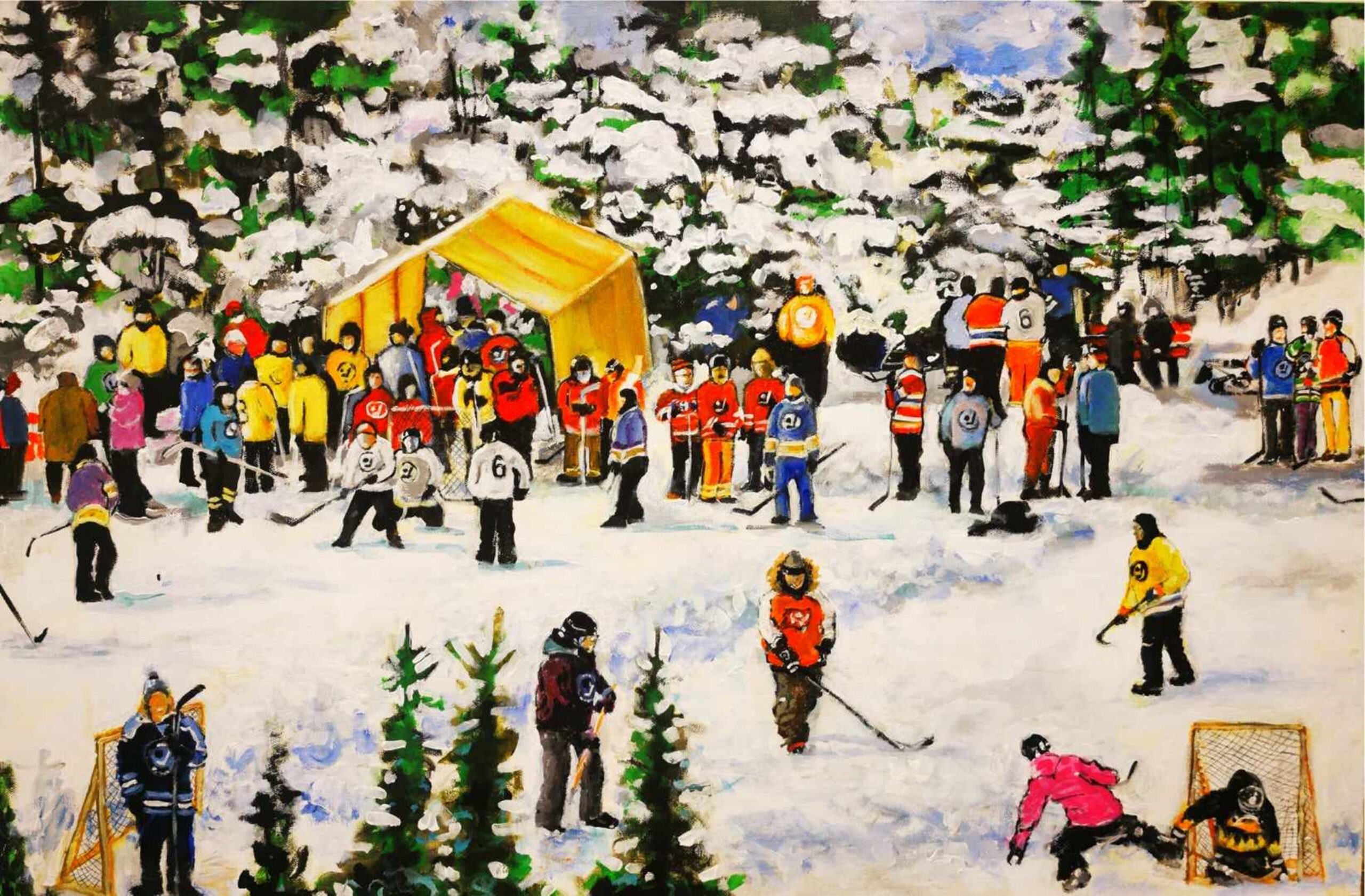


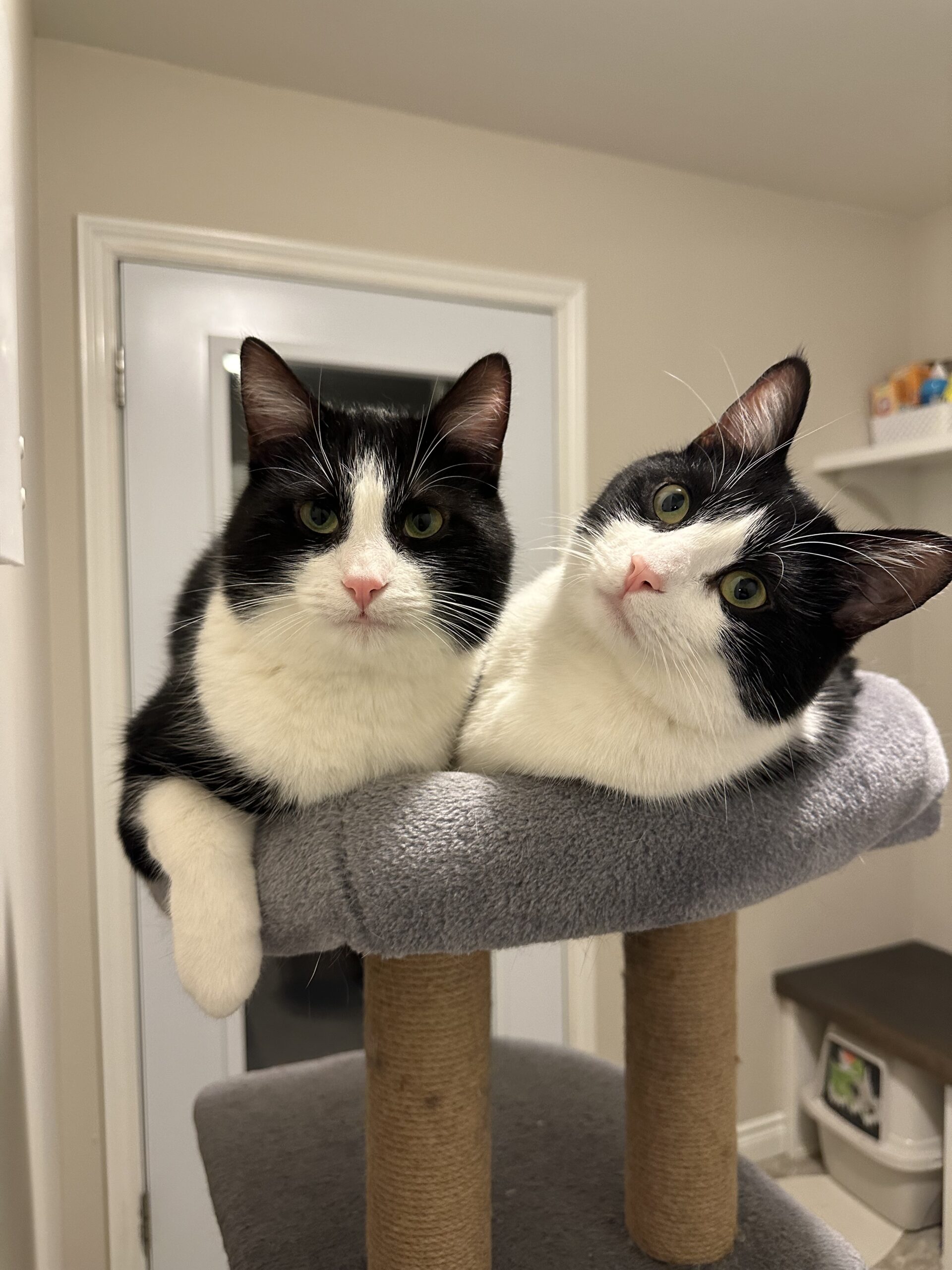



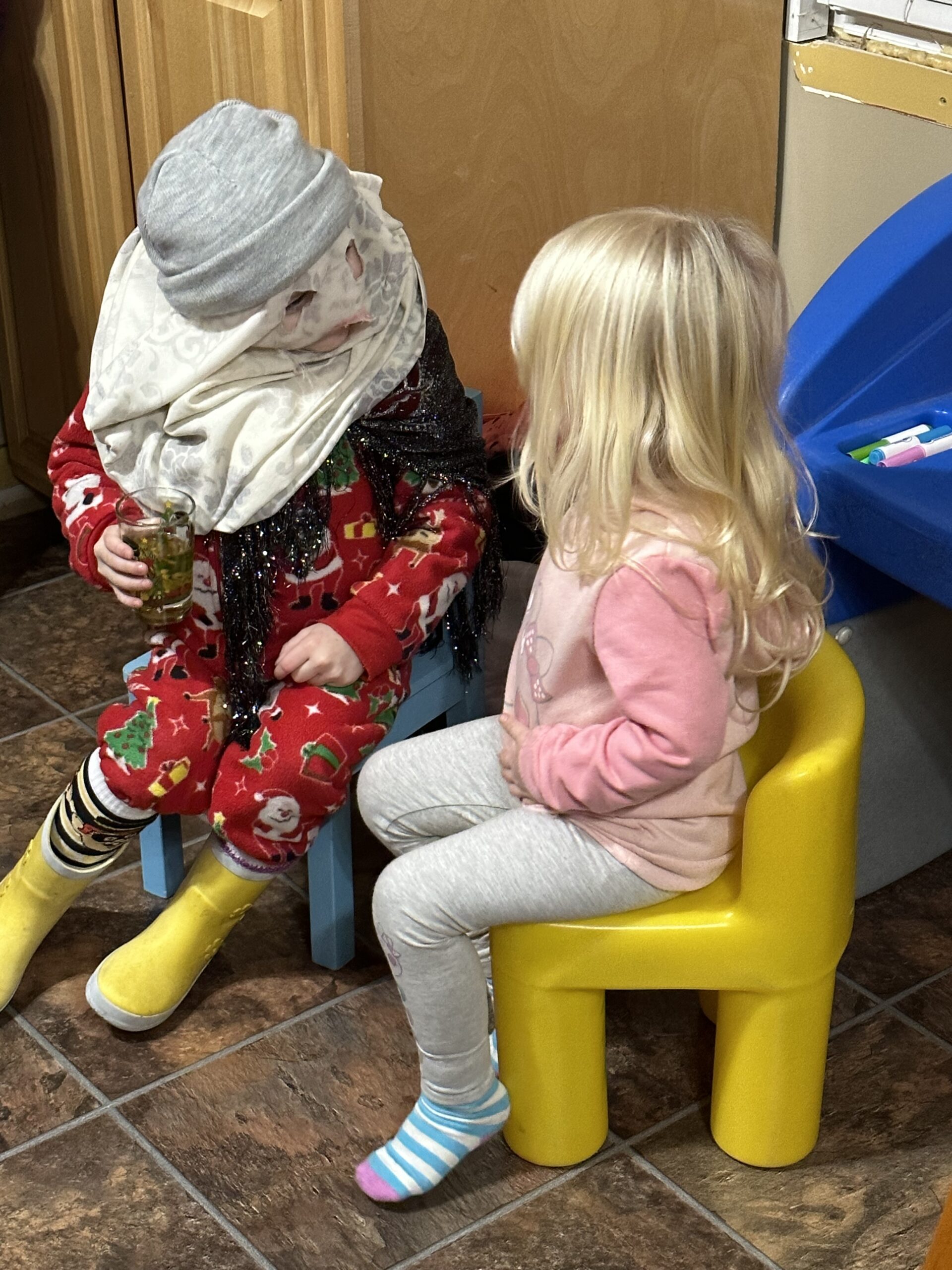
MORE FROM DOWNHOME LIFE
Recipes
Enjoy Downhome's everyday recipes, including trendy and traditional dishes, seafood, berry desserts and more!
Puzzles
Find the answers to the latest Downhome puzzles, look up past answers and print colouring pages!
Contests
Tell us where you found Corky, submit your Say What captions, enter our Calendar Contest and more!



